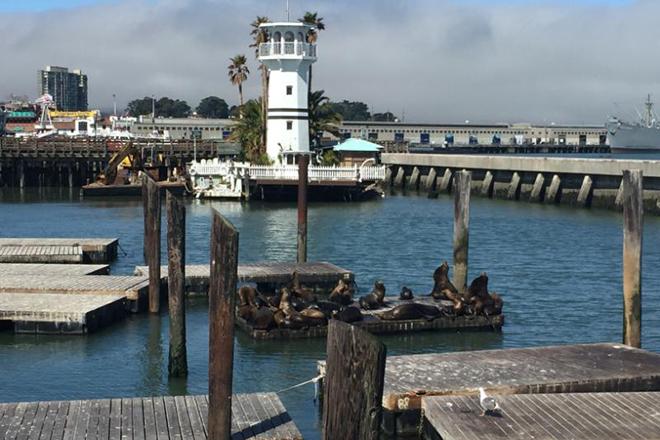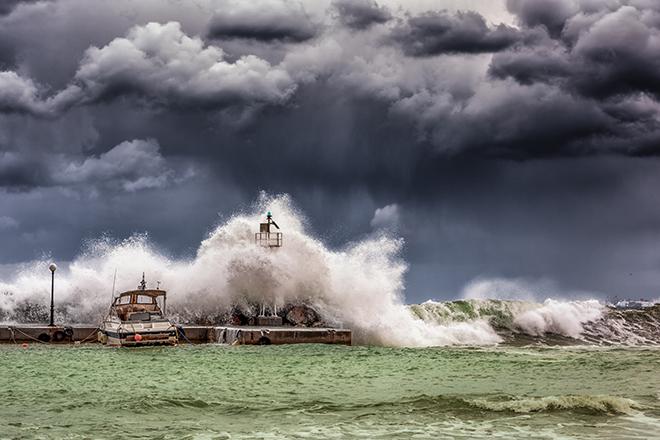Essentials of Oceanography

Credit: E. Rubio © Penn State University, is licensed under CC BY-NC-SA 4.0
Resource Description
The year is 2050 and your once-idyllic beachfront vacation home is now flooded up to the second story. The crab your family has enjoyed every Christmas for as long as you can remember has now become an endangered species. The oceans have changed. In EARTH 540, Oceanography for Educators, we explore the mechanisms that lead to sea level rise and ocean acidification. We strive to understand how natural processes such as ocean currents, the gulf-stream, tides, plate tectonics, and the Coriolis Effect, affect our oceans and ocean basins. We then predict how man-made issues such as climate change and overfishing will affect our beloved waters and our livelihoods. This course is no longer being offered for credit and has not been updated since 2019. Learn moreGlobal Energy Enterprise

Credit: Lobbying 161689 by OpenClipart-Vectors is licensed under CC0
Resource Description
Have you seen a Clean Coal baseball cap? In the challenge to meet soaring energy demand with limited resources, volatile issues like those related to the environment, national security and public health are often addressed outside of normal market transactions and are called externalities, or nonmarket factors. Stakeholders can act in resourceful ways to create a nonmarket environment that best serves their interest. A firm may challenge a law that makes it expensive or difficult to do business or compete with others, for example. An individual may organize a boycott of products or services that violate the individual's interests or principles--hey, don't buy from them! Nonmarket strategy in the energy sector is the subject of this engaging course. Learn moreIntroductory Meteorology

Credit: Big Waves Under Cloudy Sky by GEORGE DESIPRIS is free to use
